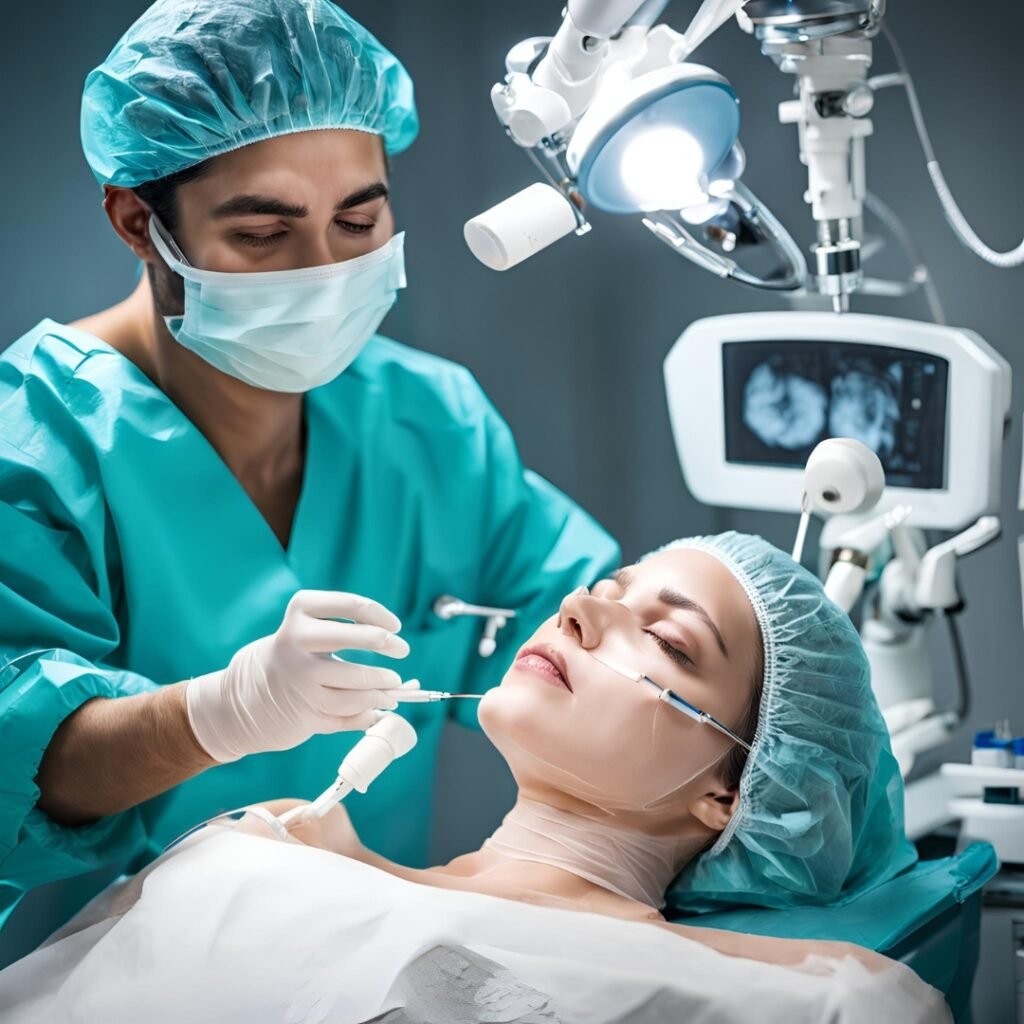Why Sparsh Hospital is your best choice for Urology?

At Sparsh Hospitals, we offer exceptional urological care using advanced technology to ensure safe and seamless procedures for our valued patients. Our world-class urologists possess international-level medical certifications and degrees, bringing a wealth of experience and dedication to delivering top-tier urological treatment in India. Their extensive expertise and up-to-date medical knowledge empower them to provide outstanding care, even in the most complex clinical cases.
Our team of urologists is skilled in creating customized treatment plans tailored to each individual, including both invasive and non-invasive procedures. You can expect superior treatment from our highly trained doctors, nurses, and other medical staff, all of whom maintain a patient-centric approach.
Understanding Urology
Urology is a medical specialty focused on the diagnosis, treatment, and management of disorders related to the urinary tract system in both males and females, as well as the male reproductive system. This field encompasses a wide range of conditions, including urinary tract infections, kidney stones, prostate issues, and infertility.

What are the Signs and Symptoms of Urological Disorders?
Signs and symptoms that may indicate the need for urological evaluation include:
- Pain or burning during urination
- Frequent or urgent need to urinate
- Blood in the urine
- Difficulty starting or stopping urination
- Weak urine stream
- Pelvic pain or discomfort
- Erectile dysfunction or sexual dysfunction
- Testicular pain or swelling
Causes of Urological Disorders
Urological disorders can have various causes, including:
- Infections: Bacterial, viral, or fungal infections affecting the urinary tract or reproductive organs.
- Obstructions: Blockages in the urinary tract, such as kidney stones or enlarged prostate.
- Trauma: Injuries to the urinary tract or reproductive organs.
- Genetic Factors: Inherited conditions such as polycystic kidney disease or congenital urinary tract abnormalities.
- Hormonal Imbalances: Disorders affecting hormone levels, such as testosterone deficiency or thyroid dysfunction.
- Benign and Malignant Tumors: Growths in the urinary tract or reproductive organs.
- Neurological Conditions: Disorders affecting the nerves that control bladder and sexual function.
Common Medical Tests to Diagnose Urological Disorders
Several diagnostic tests are used to evaluate urological function and diagnose urological disorders:
- Urinalysis: Examining urine for abnormalities such as blood, bacteria, or crystals.
- Imaging Tests: Ultrasound, CT scans, or MRI scans to visualize the urinary tract and reproductive organs.
- Cystoscopy: Using a thin tube with a camera to examine the inside of the bladder and urethra.
- Urodynamic Testing: Assessing bladder function and urinary flow rates.
- Prostate-Specific Antigen (PSA) Test: Blood test to screen for prostate cancer.
- Testicular Ultrasound: Imaging test to evaluate the testicles for abnormalities.
How to Prevent Urological Disorders
While not all urological disorders can be prevented, certain measures can reduce the risk:
- Hydration: Drinking plenty of water to maintain urinary tract health and prevent kidney stones.
- Good Hygiene Practices: Practicing good hygiene to prevent urinary tract infections.
- Safe Sex: Using condoms to reduce the risk of sexually transmitted infections.
- Healthy Lifestyle Choices: Eating a balanced diet, exercising regularly, and maintaining a healthy weight.
- Regular Check-ups: Monitoring urinary symptoms and seeking prompt medical attention for any concerns.
- Avoiding Tobacco and Excessive Alcohol: Smoking and heavy alcohol consumption can increase the risk of urological disorders.
What Are the Common Procedures Performed by a Urologist?
Urologists perform various procedures to diagnose and treat urological disorders, including:
- Cystoscopy and Ureteroscopy: Using a thin tube with a camera to examine the inside of the bladder, urethra, and ureters.
- Lithotripsy: Using shock waves to break up kidney stones.
- Prostate Biopsy: Removing a small tissue sample from the prostate for analysis.
- Transurethral Resection of the Prostate (TURP): Removing excess prostate tissue to relieve urinary symptoms.
- Vasectomy: Surgical sterilization procedure for male contraception.
- Incontinence Surgery: Procedures to treat urinary incontinence, such as sling procedures or artificial urinary sphincter implantation.

Why Should I See a Urologist?
Seeing a urologist is important for several reasons:
- Specialized Expertise: Urologists have extensive training and experience in managing disorders of the urinary tract and male reproductive system.
- Comprehensive Care: They provide a comprehensive approach to managing urological conditions, including medical management, procedures, and surgery when necessary.
- Advanced Technology: Urologists have access to the latest diagnostic and therapeutic technologies for optimal patient care.
- Personalized Treatment Plans: Tailored treatment plans to address each patient’s unique needs and goals.
- Improved Outcomes: Early intervention and expert management can significantly improve outcomes for many urological disorders.
Consulting with a urologist can help you address urological issues effectively and improve your overall urinary and reproductive health.

